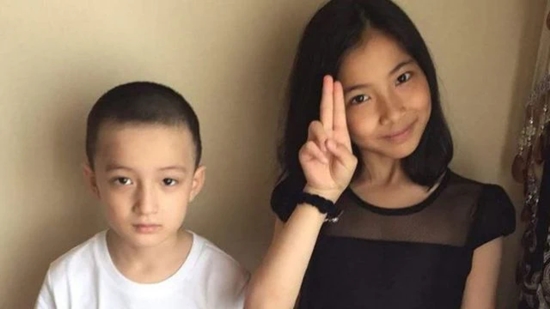
A year ago, at least 44 people died in a fire in Urumqi, a city in the Xinjiang region of China. In consequence of hyper-restrictive government measures to curb the COVID-19 pandemic, their homes had become death traps from which they could not escape. The victims happened to be Uyghurs. Most, reports Bitter Winter, were mothers and children (“We Should All Remember the First Anniversary of the Urumqi Fire,” November 24, 2022).
The screams of mothers and children coming out of the fire spread through the buildings to Urumqi and reached the world via the internet; but no one could help them. Because this was the period when the region was under lockdown with China’s plan to reduce the COVID to zero, and therefore the doors of buildings and houses were locked from the outside. Moreover, since the parents and husbands of some of those who burned in the fire were in prisons and camps, women and children in the buildings did not have the physical strength to break down the doors.
The neighbors in the surrounding buildings heard the screams of those suffering in the fire and were heartbroken, but they could not come to help because the doors of their buildings were also locked from the outside.
Firefighters were further impeded by barriers outside the building. These, too, were in place as means of preventing possibly infected people from moving about freely.
Only a few of the victims are known by name: 48-year old Qembernisa and her children Shehide (13, above right), Abdurahman (9, above left), and Nehdye (5).
The fire provoked widespread protests in China against the murderously restrictive COVID-19 protocols, and the government soon dropped the protocols. The response to the tragedy shows that even many Chinese normally submissive to the state and all its smothering interference with their lives may rebel if pushed beyond their limits.
But the regime works hard to hide and deny many of its worst crimes, crimes that might provoke comparable anger and rebellion if only they were much better known. An example is China’s years-long, large-scale repression and murders of the Uyghurs, a deliberate genocidal policy that many Chinese know little or nothing about except as accidentally echoed in Urumqi.
Also see:
Global Voices: Interview with Uyghur activist Rushan Abbas
“Even when ‘free,’ we are unsafe. If we speak, we are threatened…. Restricted freedom of movement, being locked in their homes, starvation, and being left to die—these are atrocities Uyghurs have endured for years. Eventually, the Han community recognized the government’s brutality and caught a glimpse of the Uyghur people’s suffering. I am certain that the Urumqi fire and its aftermath raised empathy among at least a part of the Han Chinese toward the Uyghurs.”
International Service for Human Rights: “One year after UN Xinjiang report release, pressure on China at the UN remains steady”
“On 18 October, the United Kingdom spoke on behalf of 51 countries at the UN General Assembly urging China to ‘end its violations of human rights in Xinjiang, engage constructively with the OHCHR, and fully implement the recommendations of the assessment’.”
Common Sense: “Point Blank Protest”
“ ‘If you fear a blank sheet of paper,’ posited a Weibo user, ‘you are weak inside.’ ”






